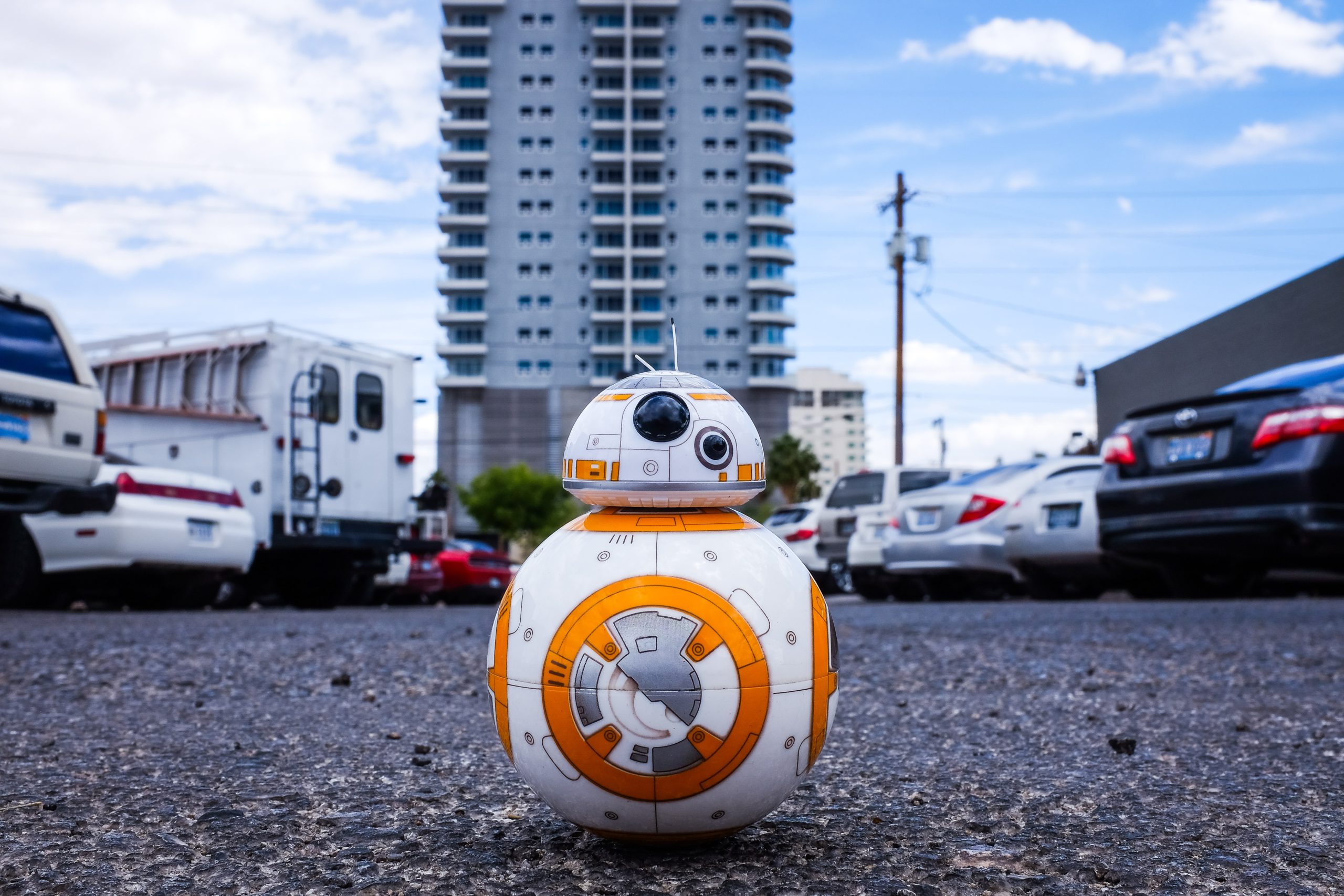Chinese tech giant ByteDance and Japan’s Sony Group are challenging Facebook owner Meta’s dominance in the Japanese virtual reality market with a new generation of headsets.
ByteDance, the operator of short video app TikTok, acquired Chinese virtual reality headset maker Pico Interactive in August last year. Pico showcased its Neo3 Link VR headset for the first time in Japan at the country’s flagship gaming exhibition Tokyo Game Show, which started on Thursday and runs until Sunday.
Neo3 Link went on sale in June and goes for JPY 49,280 yen (USD 344). It is more affordable than rival Meta’s latest headset Meta Quest 2, whose price rose to JPY 59,400 last month. Some users wrote on Amazon that they bought Neo3 after Quest 2 became more expensive.
More than 100 titles are available through its online store and the Steam gaming platform, a ByteDance spokesperson said. The company also plans to add video content such as movies later this year.
“We had the Quest but recently these devices came in so I wanted to test them out,” said a salesman at an electronic store chain.
Sony Group made its upcoming headset PSVR2, which can be used with its PlayStation 5 gaming console, available for testing with Capcom’s survival game at Tokyo Game Show. It is the successor to PlayStation VR, which was released in 2016. The device is slated to go on sale in early 2023 but Sony has not announced the price.
“It was the first time playing VR in a while but the experience was totally different from playing on TV,” said a game designer who tried the device. “It really felt like I was being attacked from behind [and] the graphics are beautiful.”
VR headsets have yet to reach mainstream adoption with just 11.2 million units shipped globally in 2021, according to IDC. This was less than half of the number of Nintendo Switch consoles sold during the fiscal year ended March. But there has been renewed interest in the sector since the pandemic as the potential for virtual workspaces expanded beyond gaming.
Meta has a 90% share in the VR headset market followed by Pico at 4.5%, according to IDC.
Hideki Yasuda, senior analyst at Toyo Securities, said he is skeptical about the future of the industry given the lack of hit applications and consumer hesitancy to wear headsets in public. Still, he expects U.S. and Chinese companies to continue investing in the country. “With the weak yen, many Japanese gaming companies will become attractive acquisition targets for overseas players.”
ByteDance has been investing aggressively in gaming for the past five years in a move to challenge Tencent Holdings, the world’s biggest game company by revenue. Last year, ByteDance acquired gaming studio Moonton for reportedly USD 4 billion. Its gaming unit Nuverse acquired Beijing-based C4games last year.
Japan, the world’s third-largest gaming market, has become a battleground for Chinese companies as they face tighter regulations and slowing economic growth at home. In June, ByteDance disbanded one of its main game studios Shanghai-based 101 Studio due to disappointing performance and laid off about 150 employees. Some staff were transferred to the Pico unit.
Tencent recently bought a 16% stake in FromSoftware, the Japanese developer of the role-playing hit Elden Ring. NetEase acquired Japanese game developer Grasshopper Manufacture last October.
Sony sold more than five million units of the first PlayStation VR headset. It has not renewed the device for six years but the company has been stepping up investment in metaverse-related sectors, such as an additional USD 1 billion investment in Epic Games, the company behind Fortnite, in April.
This article first appeared on Nikkei Asia. It has been republished here as part of 36Kr’s ongoing partnership with Nikkei.

